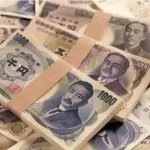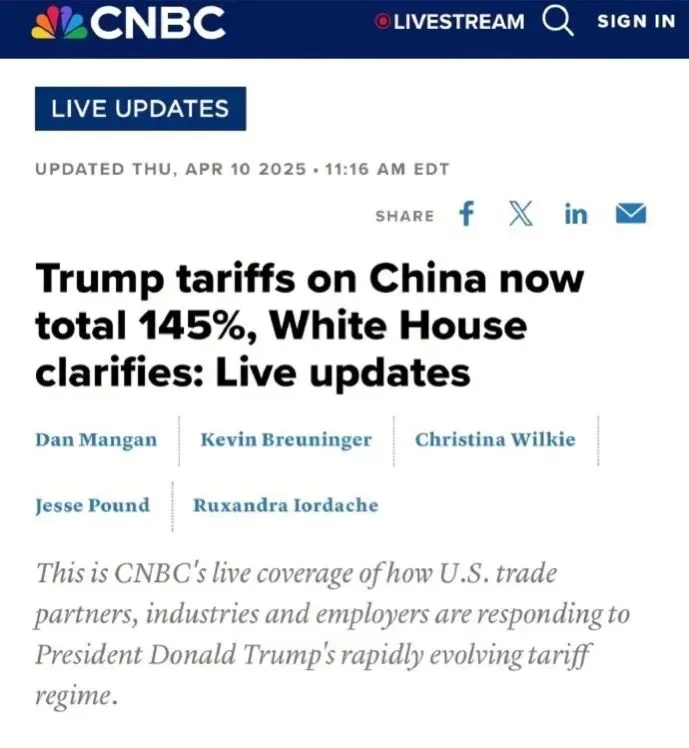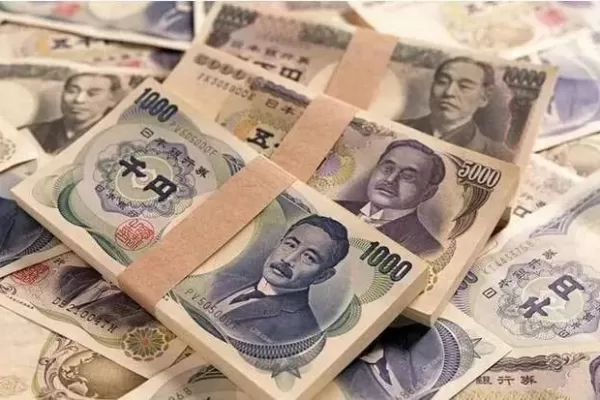
The yen has become a safe haven again, the global capital "burst buy" Japanese real estate!
2025-04-11Against the backdrop of global economic integration, the impact of changes in trade relations on national economies and financial markets has become more pronounced.
Recently, tariff wars have been frequent and have become an important factor affecting the international economic order. As of April 10, 2025, the White House said Trump's tariffs on China totaled $1,45%.

For middle and high net worth individuals with larger assets and greater sensitivity to market fluctuations.How to make reasonable asset allocation in the environment of tariff war has become the key to protect wealth security and realize wealth appreciation.

01
The impact of the tariff war on asset allocation
Exchange rates.Tariff wars can trigger big exchange rate shocksThe value of the assets of those holding foreign exchange assets fluctuated significantly.
The stock market has been hit by policy changes, with share prices in related sectors fluctuating.Sensitive market sentiment and increased investment risk.
At the macroeconomic level, changes in economic growth and inflationary pressures madeBond market yield volatilityCommodity prices also move frequently as tariff policies affect supply and demand.
These impacts are interrelated and create a lot of uncertainty in asset allocation for middle and high net worth individuals.

02
Asset Allocation Strategy Recommendations
Diversified portfolio
Diversify assets across asset classes, regions and industries to reduce the impact of single asset or market fluctuations on the overall asset.
For example, in addition to traditional stocks, bonds and cash assets, assets such as real estate, private equity and alternative investments can be appropriately allocated to achieve diversified asset allocation.
Increase in overseas asset allocation
Dependence on a single market can be reduced by increasing overseas asset allocation.
Consider investing in overseas stocks, bonds, real estate and other assets, especially those regions less affected by the trade war, such as emerging markets in Asia and some European countries.

Focus on safe-haven assets
Safe-haven assets such as gold and the U.S. dollar usually show strong resistance to declines in the face of increased market uncertainty.
A certain proportion of safe-haven assets can be appropriately allocated to cope with market volatility. For example, gold, as a traditional safe-haven asset, tends to preserve and increase in value during periods of economic instability; the United States dollar, as the world's major reserve currency, may be favored by investors in the context of a trade war.
Dynamic adjustment of asset allocation ratios
Adjust asset allocation ratios in a timely manner according to changes in market conditions.
For example, when an asset class performs poorly, its allocation ratio can be appropriately reduced to increase the asset class that performs better; when market expectations change, the investment strategy can also be adjusted in a timely manner to adapt to market changes.

Advance planning for second identity
In an environment of uncertainty triggered by a tariff war, having a second status can provide additional protection and options for middle and high net worth individuals.
asset protection
Different countries have different legal systems and tax policies, and a second identity can help investors better protect their assets on a legal level from significant impacts due to changes in a single country's policies (e.g., adjustments in trade policies due to tariff wars, changes in tax policies, etc.).
Traveling convenience
Having a second status provides investors with freer travel options. In times of trade tensions and possible tightening of visa policies, a second status ensures that the investor and his or her family members are able to travel freely in and out of the country in question, facilitating business activities, travel, education, and more.
educational planning
Different countries have distinctive education systems, and having a second status can provide your children with a wider range of educational options. According to the interests and future development plans of your children, you can choose higher quality education resources and provide more opportunities for your children to grow up in an international education environment.
Risk diversification
Having a second identity allows you to spread your risk across different countries, reducing the impact of instability in one country on individuals and families.

The tariff war has brought a lot of uncertainty to the global financial market, and middle and high net worth people are facing greater challenges in the process of asset allocation, which can be carried out with the help of professional investment institutions for asset allocation and investment management.
Timeless GroupWith a professional investment team and rich investment experience, we are able to formulate personalized asset allocation plans according to investors' needs and provide professional investment advice and services, welcome to contact us!


